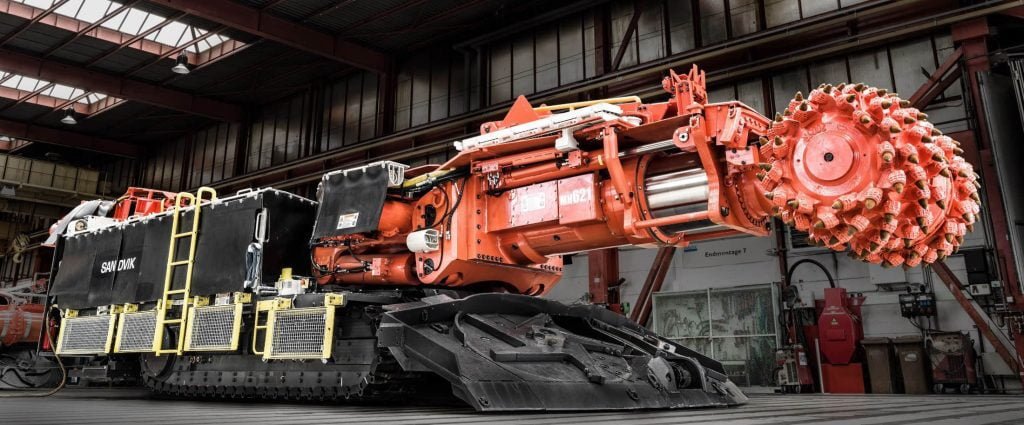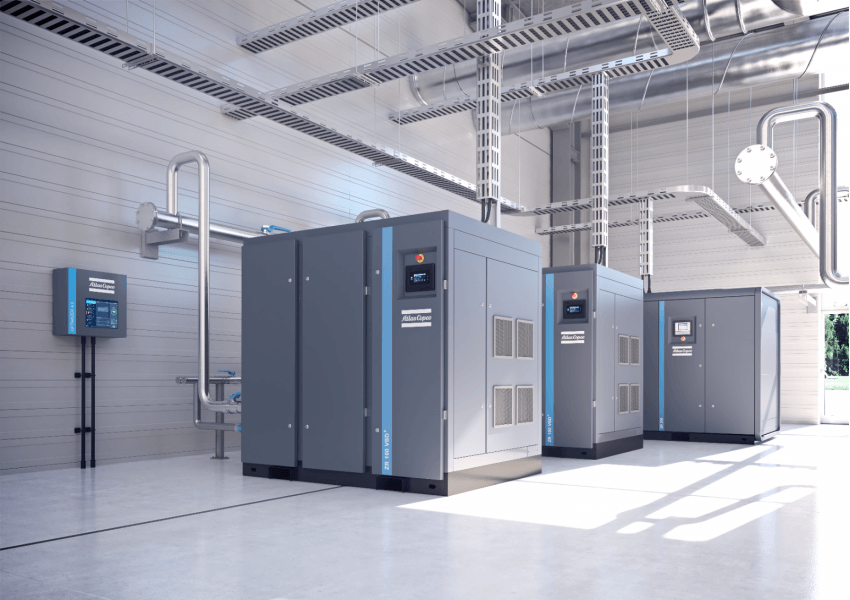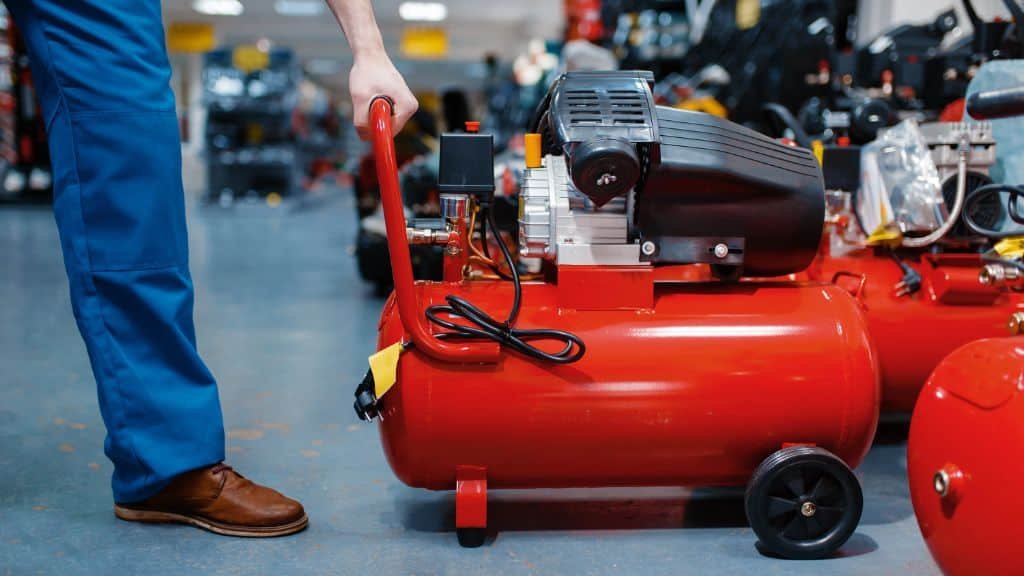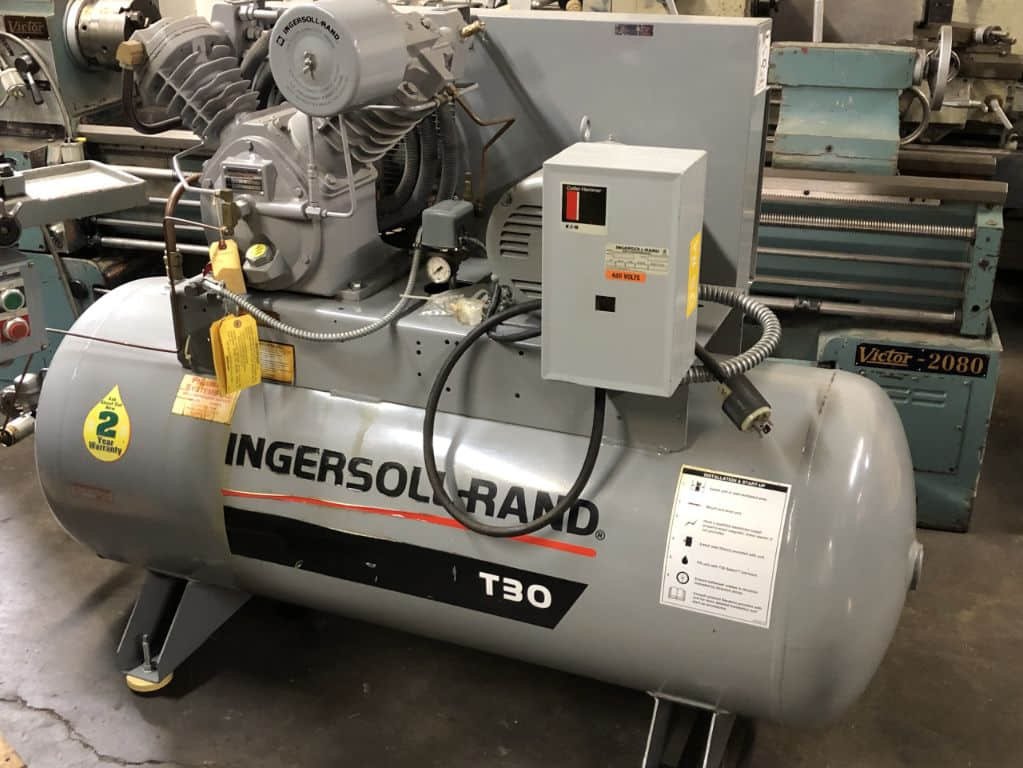How to Improve Efficiency in Ingersoll Rand Air Compressor Repairs
Ingersoll Rand air compressors are widely used in various industries for their reliability and performance. However, like any other machinery, they require regular maintenance and repairs to ensure optimal efficiency and longevity. In this article, we will discuss some effective strategies to improve efficiency in Ingersoll Rand air compressor repairs.
1. Regular Inspection and Maintenance
Regular inspection and maintenance are crucial for identifying potential issues before they turn into major problems. It is recommended to create a maintenance schedule and stick to it. This includes checking for leaks, inspecting belts and hoses, cleaning or replacing filters, and lubricating moving parts. By following a proactive approach, you can prevent costly breakdowns and ensure smooth operation.
2. Use Genuine Ingersoll Rand Parts
When it comes to repairing your Ingersoll Rand air compressor, it is essential to use genuine parts. Genuine parts are specifically designed for your compressor model and ensure compatibility and optimal performance. Using counterfeit or low-quality parts may lead to inefficiency, increased energy consumption, and even damage to other components. Always purchase parts from authorized dealers or directly from Ingersoll Rand.
3. Optimize Air Compressor Settings
Optimizing the settings of your air compressor can significantly improve its efficiency. Start by adjusting the pressure settings according to your specific application requirements. Running the compressor at higher pressures than necessary can result in excessive energy consumption. Additionally, consider installing an automatic start-stop system or a variable speed drive (VSD) to match the compressor’s output with the demand, reducing energy wastage.
4. Ensure Proper Ventilation
Adequate ventilation is crucial for the efficient operation of an air compressor. Make sure the compressor is placed in a well-ventilated area to prevent overheating. Proper airflow helps dissipate heat and keeps the compressor running at optimal temperatures. Regularly clean the cooling fins and ensure there are no obstructions that could hinder airflow.
5. Train and Educate Operators
Proper training and education of operators can significantly impact the efficiency of air compressor repairs. Ensure that operators are familiar with the correct operation procedures, including startup and shutdown protocols. Train them to identify early signs of potential issues, such as unusual noises or vibrations, and encourage reporting to the maintenance team promptly. Well-trained operators can help prevent minor problems from escalating into major repairs.
6. Implement a Preventive Maintenance Program
Implementing a preventive maintenance program can save you time, money, and headaches in the long run. This program involves regular inspections, cleaning, lubrication, and replacement of worn-out parts. By addressing minor issues before they become major problems, you can avoid costly repairs and downtime. Consider partnering with a professional service provider who specializes in Ingersoll Rand air compressor maintenance to ensure comprehensive and timely maintenance.
Frequently Asked Questions (FAQs)
1. How often should I inspect my Ingersoll Rand air compressor?
It is recommended to inspect your Ingersoll Rand air compressor at least once a month. However, the frequency may vary depending on the operating conditions and usage. If your compressor operates in a harsh environment or undergoes heavy usage, more frequent inspections may be necessary.
2. Can I use non-Ingersoll Rand parts for repairs?
While it may be tempting to use non-Ingersoll Rand parts due to their lower cost, it is not recommended. Non-genuine parts may not fit properly or meet the required specifications, leading to inefficiency and potential damage to the compressor. Always use genuine Ingersoll Rand parts for repairs.
3. How can I determine the optimal pressure settings for my air compressor?
The optimal pressure settings for your air compressor depend on the specific application requirements. Consult the manufacturer’s guidelines or seek advice from an Ingersoll Rand representative to determine the recommended pressure range for your compressor model.
4. What are the signs of a failing air compressor?
Some common signs of a failing air compressor include unusual noises, excessive vibrations, reduced airflow, frequent cycling, and increased energy consumption. If you notice any of these signs, it is recommended to have your compressor inspected by a qualified technician.
5. Can I perform maintenance on my Ingersoll Rand air compressor myself?
While some basic maintenance tasks can be performed by operators, it is advisable to have a professional technician perform comprehensive maintenance on your Ingersoll Rand air compressor. They have the expertise and knowledge to identify potential issues and ensure proper repairs and maintenance.
6. How can a preventive maintenance program benefit my air compressor?
A preventive maintenance program can benefit your air compressor by reducing the risk of unexpected breakdowns, improving efficiency, extending the lifespan of components, and minimizing downtime. It helps identify and address minor issues before they escalate into major problems, saving you time and money in the long run.




